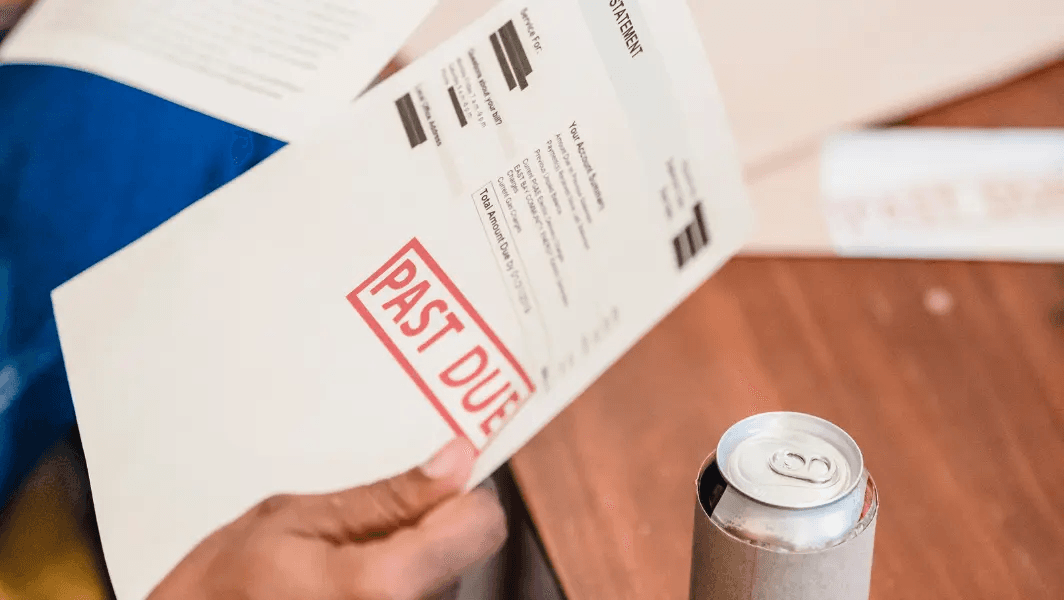
Can Corporate Debtors in the UAE Avoid Regulatory Actions During Moratoriums?
Legal Protections Under Moratoriums
In the UAE, corporate debtors undergoing insolvency proceedings may receive temporary relief from legal actions under a moratorium. This legal provision, commonly applied in bankruptcy cases, prevents creditors from initiating recovery actions during the restructuring process. However, questions arise about whether regulatory authorities can still impose penalties or sanctions during this period.
Scope of Regulatory Actions
While commercial creditors are typically barred from pursuing claims, regulatory bodies may still exercise their authority. For example:
-
Financial penalties for non-compliance with UAE laws, such as tax violations, may still be enforced.
-
Licensing and operational restrictions imposed by regulatory agencies could remain in effect.
-
Criminal liabilities tied to fraudulent corporate activities are not covered under moratorium protections.
Judicial Interpretation and Precedents
Legal experts in the UAE note that the Federal Bankruptcy Law (Decree Law No. 9 of 2016) outlines the rights and limitations of debtors during insolvency proceedings. The courts may review regulatory actions on a case-by-case basis, ensuring that moratoriums are not misused to evade legitimate compliance obligations.
What This Means for UAE Businesses
Corporate debtors must carefully navigate regulatory obligations even during moratoriums. Seeking legal counsel and compliance strategies is essential to mitigate risks and avoid further complications with authorities. The evolving legal landscape in the UAE suggests that while moratoriums provide financial relief, they may not completely shield debtors from regulatory scrutiny.
For any enquiries or information, contact info@thelawreporters.com or call us on +971 52 644 3004. Follow The Law Reporters on WhatsApp Channels